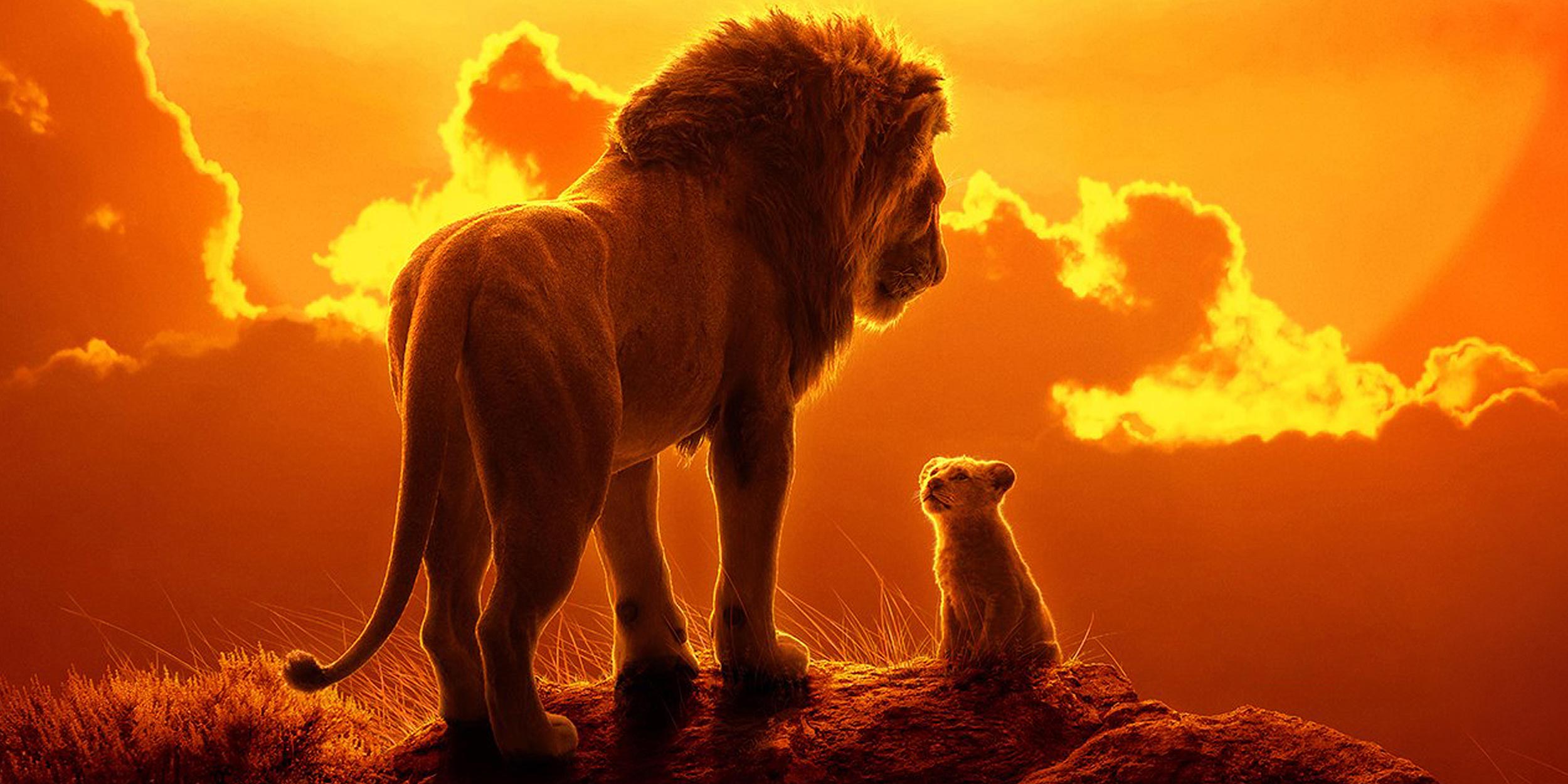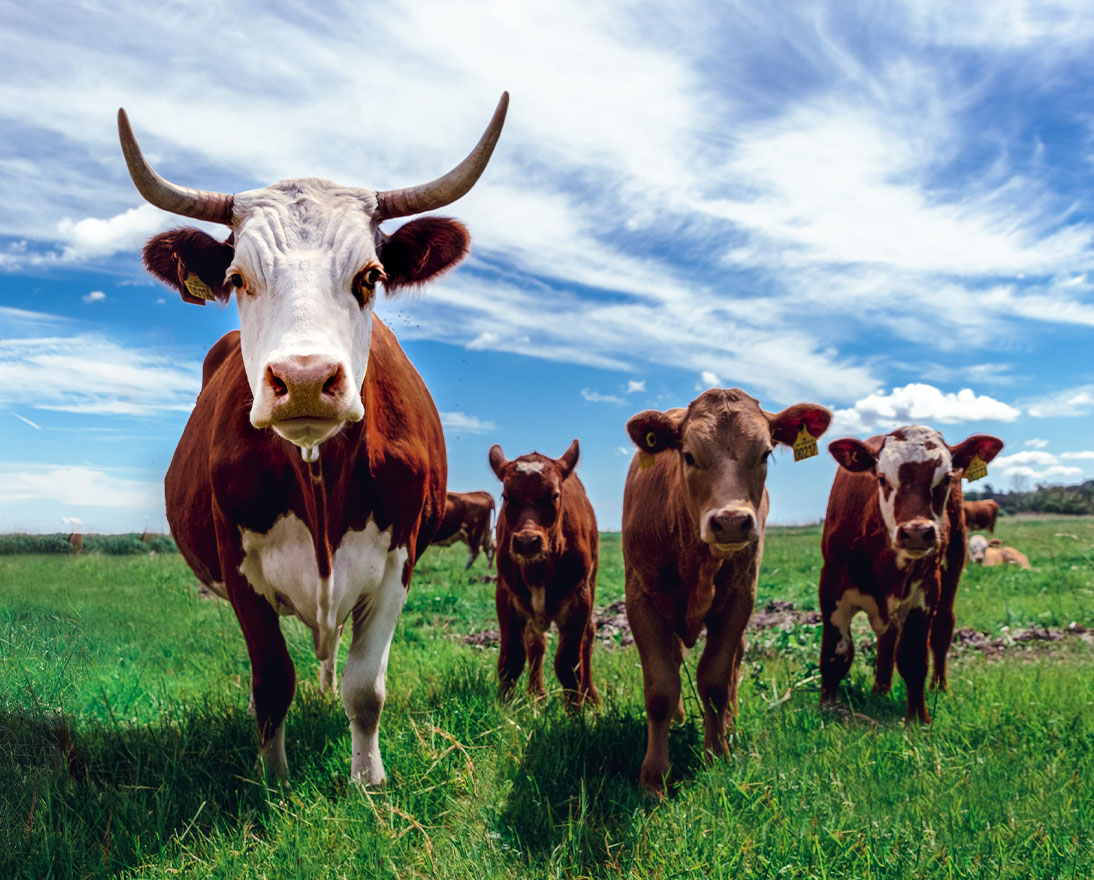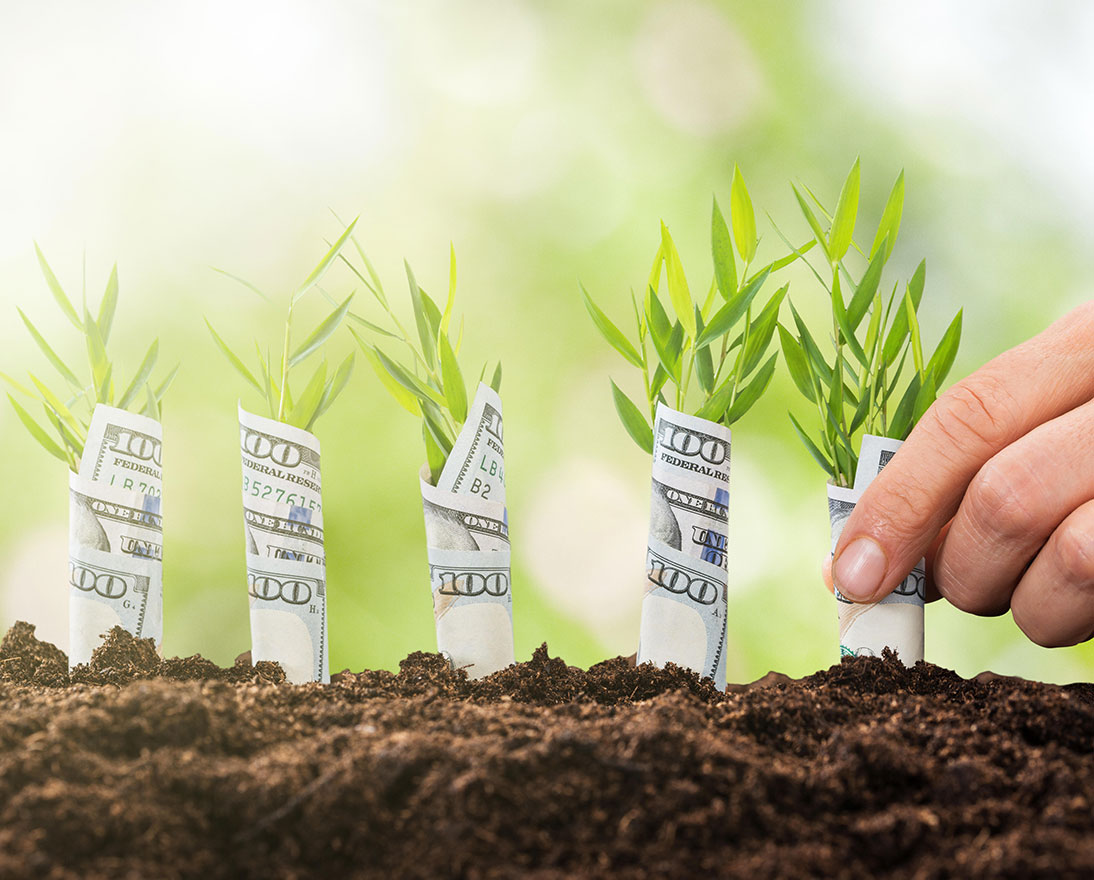Hakuna Matata no more!
Climate resilienceArticleAugust 12, 20226 min read
“No worries for the rest of your days,” sang Simba, Timon and Pumbaa in The Lion King. But how do we get people to ditch this “problem-free philosophy” and take climate change seriously?
On encountering the banished lion cub Simba, the meerkat Timon tells him to turn his back on the world and teaches him a new “wonderful phrase”: Hakuna Matata. A Swahili phrase that roughly translate to “no worries.”
But this attitude has seeped far beyond the Disney movie and into real life as people struggle to reflect the urgency of climate change in their daily lives. Perhaps believing in Timon’s advice to Simba: “bad things happen, and you can’t do anything about it...”
Scientists have been warning us for decades that humans are causing severe and potentially irreversible changes to the climate, essentially baking our planet and ourselves with carbon dioxide and methane.
Climate change-induced events – from devastating wildfires to deadly heat waves – are making news headlines on an increasingly regular basis, accompanied by messages from a new generation of environmental activists.
And yet, it took a global pandemic to make a significant – albeit temporary – impact on our collective emissions. Sadly, the 5.2 percent fall in CO2 emissions in 2020 was followed by a 6 percent upturn in 2021 to reach their highest ever annual level.
So, why are we not making an impact on our collective emissions to combat climate change?
The issue is not one of awareness. A global 2021 survey by the Pew Research Center found that 37 percent of people are very concerned that climate change will harm them personally at some point in their lifetime.
What we have is a communications challenge that requires transforming awareness into action.
Apocalypse fatigue
One of the main roadblocks preventing people moving from awareness to action on climate change is the way we talk about the topic, says Norwegian psychologist and economist Per Espen Stoknes.
“Climate change is usually framed as a looming disaster. So many of us are suffering from a kind of apocalypse fatigue,” Stoknes explains in his TED Talk, How to transform apocalypse fatigue into action on global warming.
“And when people hear about the climate, we hear about something far away in space, far away in time, and it is slow moving. It’s not here; it’s not now. It seems outside my circle of influence,” adds Stoknes.
Conny Kalcher, Chief Customer Officer at Zurich Insurance Group, agrees with Stoknes and believes we need to adopt a more optimistic tone in our communications.
“We need to start voicing a positive picture of a zero-carbon future and stop focusing on the rhetoric of catastrophe in our communications,” she says. “People need to feel they can make positive change. Because if it feels like nothing can be done, then it’s unlikely we’ll feel motivated to act.”
Kalcher adds: “We must also talk in a way that is local and personal. Pacific islands submerging into the sea may feel remote if you live in Europe. Climate change impacts us all, so we should extend the conversation to also talk about how climate change will impact local livelihoods.
“Talking positively about how a zero-carbon future will create new industries, new jobs and revitalize local economies will also help people buy into climate change solutions.”
Other priorities
Another challenge is that people believe they have more pressing priorities. Understandably, during the pandemic, the main focus of concern was COVID-19.
According to IPSOS’ What Worries the World Survey, COVID-19 was the biggest global concern for almost two years. In recent months it has been replaced by inflation as the world grapples with the cost-of-living crisis. But worryingly, only 16 percent of people say climate change is a top issue facing their country (see table). It is ranked 8th on the list behind issues like poverty, crime and violence, and unemployment. Even taxes are cause for greater concern!
Which 3 topics do you find the most worrying in your country? (global average)
| Inflation | 38% | Corruption | 23% |
| Poverty | 33% | Healthcare | 19% |
| Crime & violence | 26% | Taxes | 18% |
| Unemployment | 26% | Climate change | 16% |
Source: IPSOS
“We need to inject more urgency all year round by explaining to people that climate change is happening now. Our actions – and inaction – are the direct cause of the rising frequency and intensity of extreme weather events. Not just heat waves, wildfires and windstorms in the summer, but also more unpredictable winter weather extremes too,” says Linda Freiner, Zurich’s Group Head of Sustainability.
“If everyone treats the climate crisis with same urgency as the COVID-19 pandemic then I’m hopeful that we can curtail global warming. Because humankind has always found a way to find strength in adversity.”
Freiner says the pandemic demonstrated that individuals could take the necessary actions to combat a global crisis. We worked from home, wore face masks, practiced physical distancing and made personal sacrifices to help halt the spread of the virus. Meanwhile, scientists developed vaccines in record time.
“During the pandemic, most governments and businesses clearly communicated the actions people needed to take to combat the virus. We need to do the same with climate change,” says Freiner.
“Translate positive communications around climate change into a clearly understood set of meaningful steps – big and small – that put us on a well-defined path to protecting the planet.”
In The Lion King, Simba eventually drops his problem-free philosophy. He takes decisive action to return to his pride after his father’s spirit tells him to take his place in the circle of life.
For us all, we need to look at our personal role within our own circle of life. Right now, most of us are having a negative impact on the planet. We all need to discover a new “wonderful phrase” that inspires us to adopt an action-first philosophy on climate change.



